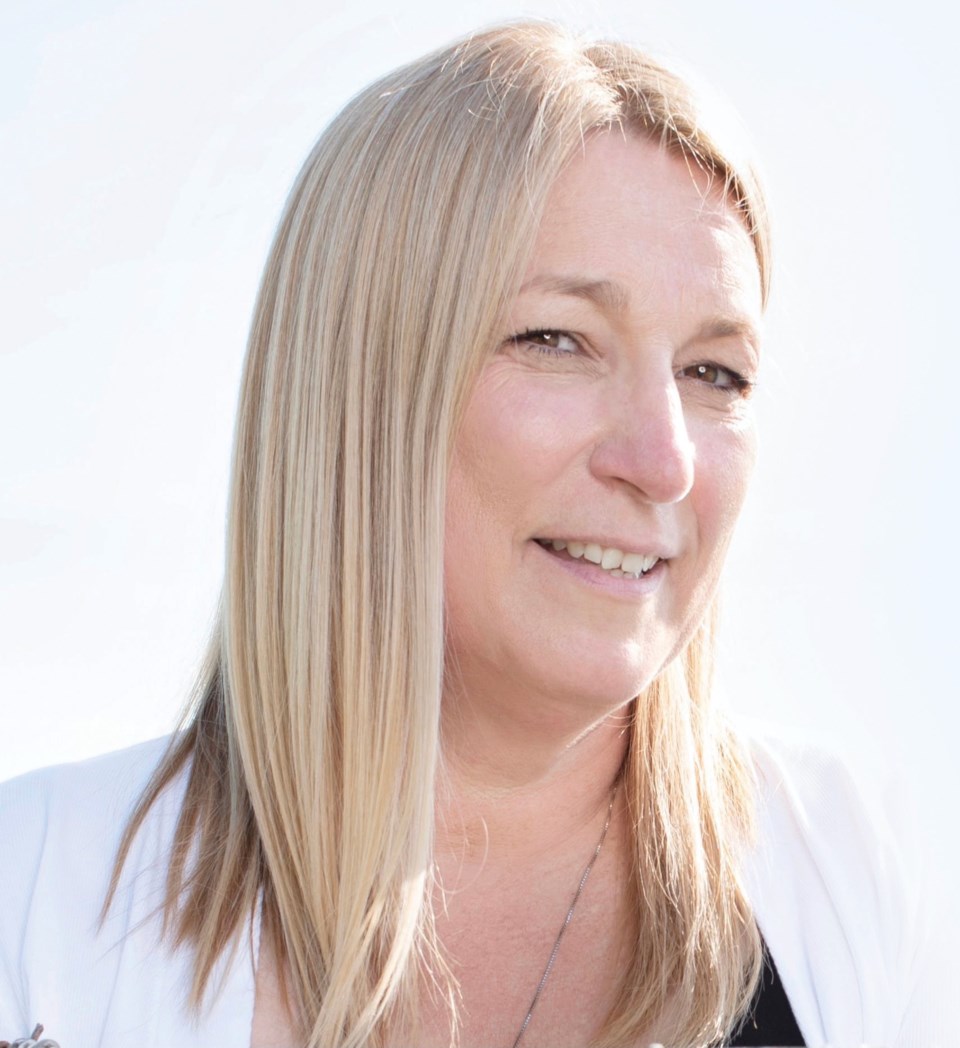When Niagara’s regional councillors voted on declaring a state of emergency over mental health, homelessness and opioid addiction recently, Niagara-
on-the-Lake representative Andrea Kaiser was pleased that the motion passed the second time around.
“When I ran in the election, that was identified to me as a concern and priority for the region,” she tells The Local. “It did come up often when knocking on doors.”
The longtime NOTL town councillor (2003 to 2014) remembers meeting someone who was vocal, passionate and committed to the need for support within the community for issues surrounding mental illness back in 2019 when she ran in the federal election. That same advocate reached out to her again during her campaign for the town’s seat on regional council last year.
Welland resident Steven Soos first brought his demand for such a declaration to the region about a year and a half ago, but it was defeated. Soos and others were part of the more recent delegation that led to the successful vote on a motion put forth by Welland regional councillor Pat Chiocchio.
“When I learned that they hadn’t supported the state of emergency back then, I was very surprised,” Kaiser says. “There was some discussion again this time about what it would actually accomplish, that it wasn’t tied to specific actions or budget items. But this statement acknowledges that there is a problem.”
When Kaiser and Lord Mayor Gary Zalepa, who also sits on regional council, were deciding which committees they would put their names forward to serve on, Kaiser wanted the opportunity to sit on the region’s public health and social services committee.
“I have a keen interest in learning more about the health services we provide, including mental health,” Kaiser says. “I am a big proponent of talking openly about mental illness and addictions. I feel that part of the problem that makes it more difficult to receive treatment is the shame associated with mental illness and addictions.”
Kaiser goes on to talk about efforts such as Bell’s Let’sTalk campaign helping to shed the stigma attached to mental illness in recent years. And she shares her own personal story.
Her family has faced mental illness, as has she, Kaiser admits. “Myself, I suffered at one point from anxiety. I didn’t understand what it was. I thought something was physically wrong with me. I went for every test — MRIs, CT scans. I had no idea what was happening to me. Just understanding what it was made a world of difference in my life.”
Kaiser acknowledges people are often surprised to hear that someone like herself, a politician and consultant with a successful design and marketing business of her own, could have problems with
anxiety.
“Part of the reason why I am where I am today,” she adds, “is that once I got diagnosed in my 30s as having general anxiety disorder, which tends to run in families, I understood what was happening and I was able to cope with it and treat it. It changes your perspective and ability to be strong.”
Medication helped Kaiser for a short time, and she was able to turn to books and then began meditating, developing processes in her mind that helped her manage the anxiety.
“I’m really fortunate,” says Kaiser, “that I have been able to live a very happy, successful public life. I could have easily gone down another path had I allowed that anxiety to impact my personal and professional life.”
Kaiser says she shares her own story in the hope that it inspires others to understand that their own struggles are not so
unusual.
“I’m very happy that the motion passed,” she adds, “and if it gets some conversations started that lead to some creative ways to support people with mental illness in the community, that can’t be a bad thing. It’s the first meaningful step to help people in the community who have these challenges in their lives.”
Brock University Department of Psychology lecturer Scott Neufeld supports Kaiser’s opinion. And he’s suitably impressed with how getting to this point began as a grassroots effort.
“You have to acknowledge the efforts of Steven Soos and others,” Neufeld told The Local, “to demand from local politicians that this be noticed and acknowledged. For whatever reason this declaration became a target for them, a tangible thing they wanted to see. It’s a big win.”
Neufeld holds out hope that the region’s declaration and the correspondence to the provincial and federal governments that it calls for brings added attention to the problem.
“Things haven’t been getting better,” Neufeld added. “Perhaps this is a tool of advocacy to those higher levels of government. There have been questions around whether or not this is the right tool for the job. But added awareness can’t hurt and any positive movement or acknowledgement from local politicians is a welcome sign.”
On the opioid crisis part of the declaration, Neufeld would like to see a few specifics from the provincial and federal governments, including an expansion of the number, type and scope of supervised drug consumption sites, and decriminalization of personal possession of illicit substances.
“I would love to see decriminalization,” added Neufeld. “But these measures are often way too late. The kind of thing we need is the radical expansion of local harm reduction initiatives. To have a true emergency response to this we need the immediate removal of the arbitrary provincial cap on the number of these sites. And we need overdose prevention sites.”
To Neufeld’s concerns, one of the recommendations of the motion was that regional chair Jim Bradley is to, with the Federal Minister of Justice and Attorney General, David Lametti, and Federal Minister of Health, Jean-Yves Duclos, urge the government to convene a task force to explore the legal regulation and decriminalization of all drugs in Canada.
